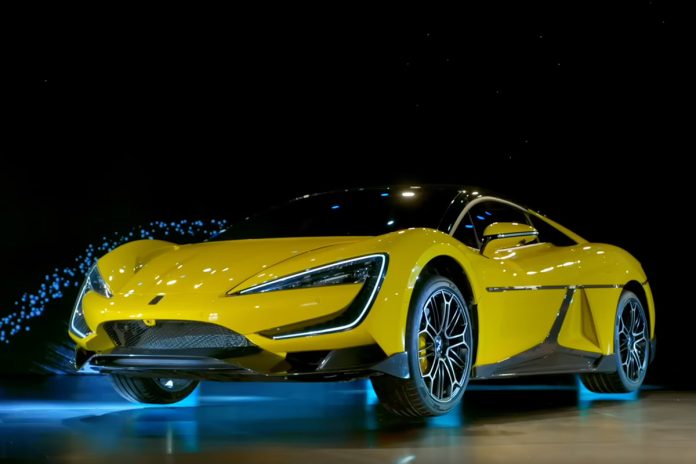Over the past year, BYD has emerged as a leader in electric vehicle (EV) innovation, particularly with its introduction of the DiSus Intelligent Body Control System. This technology was first unveiled in April 2023 during a tech launch event, showcasing its capabilities in the Yangwang U9, BYD’s latest supercar under its new luxury sub-brand, Yangwang. As the automotive industry continues to pivot towards electric and hybrid models, BYD’s developments represent a significant enhancement in vehicle control systems tailored for new energy vehicles (NEVs).
Understanding DiSus technology
The DiSus Intelligent Body Control System is a testament to BYD’s commitment to pioneering advanced vehicle technologies. Developed entirely in-house, DiSus stands out as one of the most sophisticated body control systems in the automotive industry, particularly for NEVs such as plug-in hybrids and fully electric vehicles. It is designed to manage lateral, longitudinal, and vertical vehicle movements, which enhances stability and comfort under varied driving conditions.
The system is divided into three primary components, each addressing different aspects of vehicle dynamics:
- DiSus-C (Intelligent Damping Body Control System): This component focuses on enhancing ride comfort by adjusting the damping through the damper solenoid valve. It offers an advanced level of driving comfort by dynamically responding to road conditions and driver inputs, which significantly surpasses traditional passive suspension systems.
- DiSus-A (Intelligent Air Body Control System): Similar to traditional air suspension systems, DiSus-A facilitates height adjustments up to 150 mm (approximately 6 inches). This feature enables the vehicle to adapt to various driving conditions and speeds, and it includes settings for easy entry and exit, as well as a height safety lock mode.
- DiSus-P (Intelligent Hydraulic Body Control System): The most sophisticated of the three, this system controls the hydraulic elements of the suspension. It quickly adjusts to driving maneuvers such as sharp acceleration or cornering by instantly increasing stiffness by up to 200%, thereby improving handling and stability.
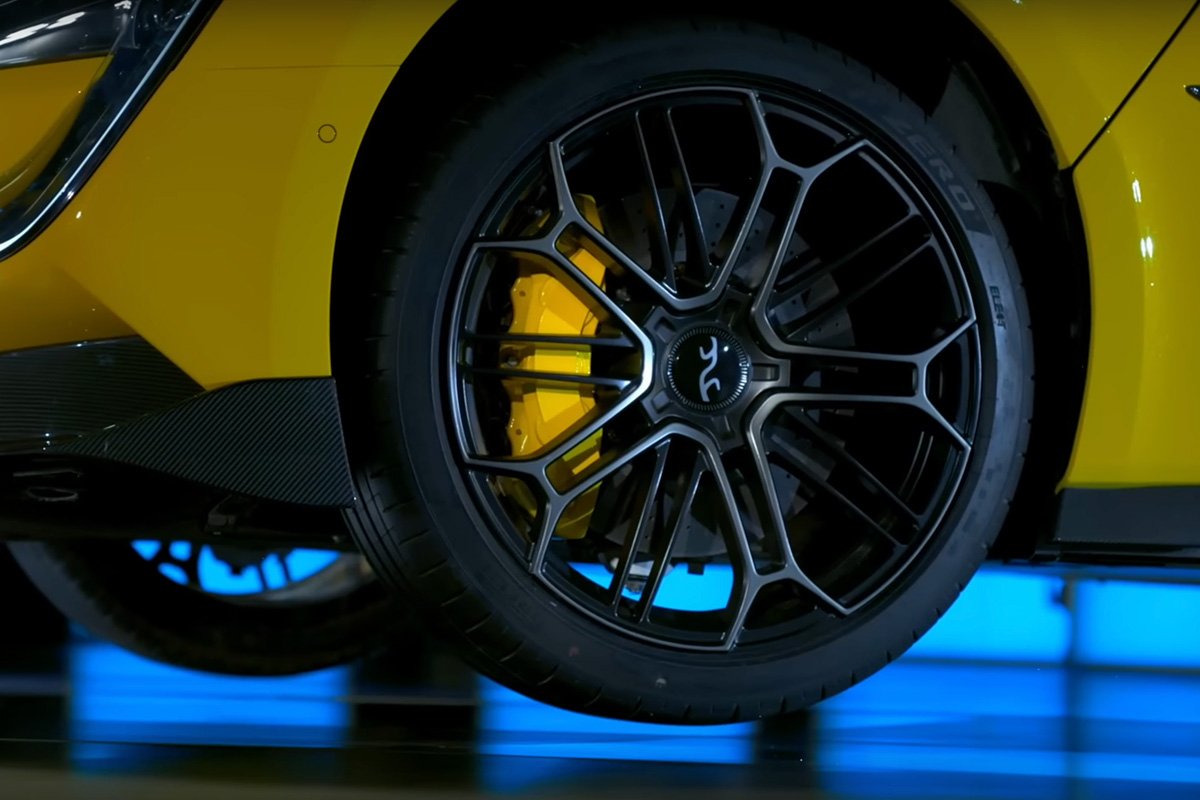
In addition to these, BYD introduced DiSus-X with the Yangwang U9. This enhancement allows the vehicle to perform more dynamic maneuvers, such as driving on three wheels and executing small jumps that lift all four wheels off the ground, illustrating the system’s range and flexibility.
The Yangwang U9: Performance meets innovation
Debuted physically in China after its initial digital launch, the Yangwang U9 is not just a showcase of the DiSus technology but also a powerhouse in terms of performance. The vehicle is equipped with four motors and achieves acceleration from 0 to 100 km/h (0-62 mph) in a mere 2.0 seconds. Priced around $150,000, the U9 combines luxury with exceptional performance, making it a notable entry in the high-end EV market.
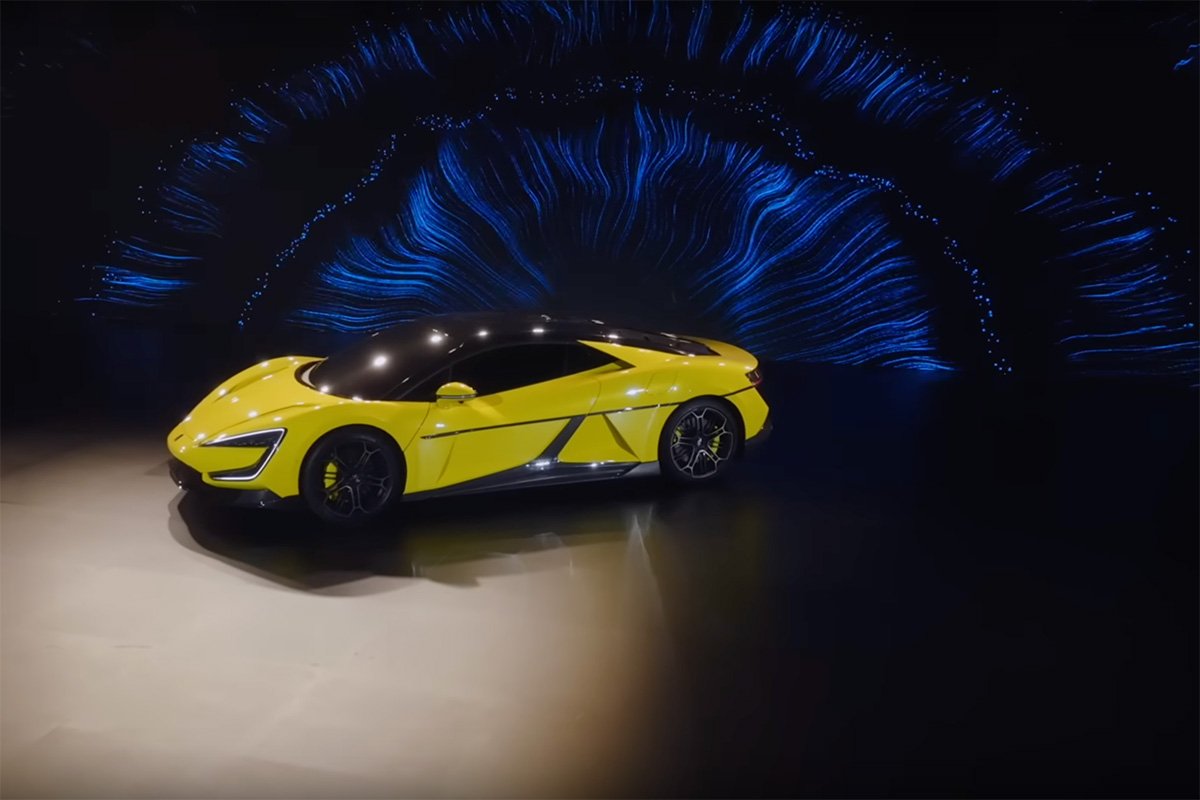
During its unveiling in April 2023, a week before the Shanghai Auto Show, the U9 demonstrated its capabilities extensively, including its unique “dance moves” enabled by the DiSus system. These demonstrations not only highlighted the vehicle’s advanced technological features but also its potential to redefine the driving experience in electric supercars.
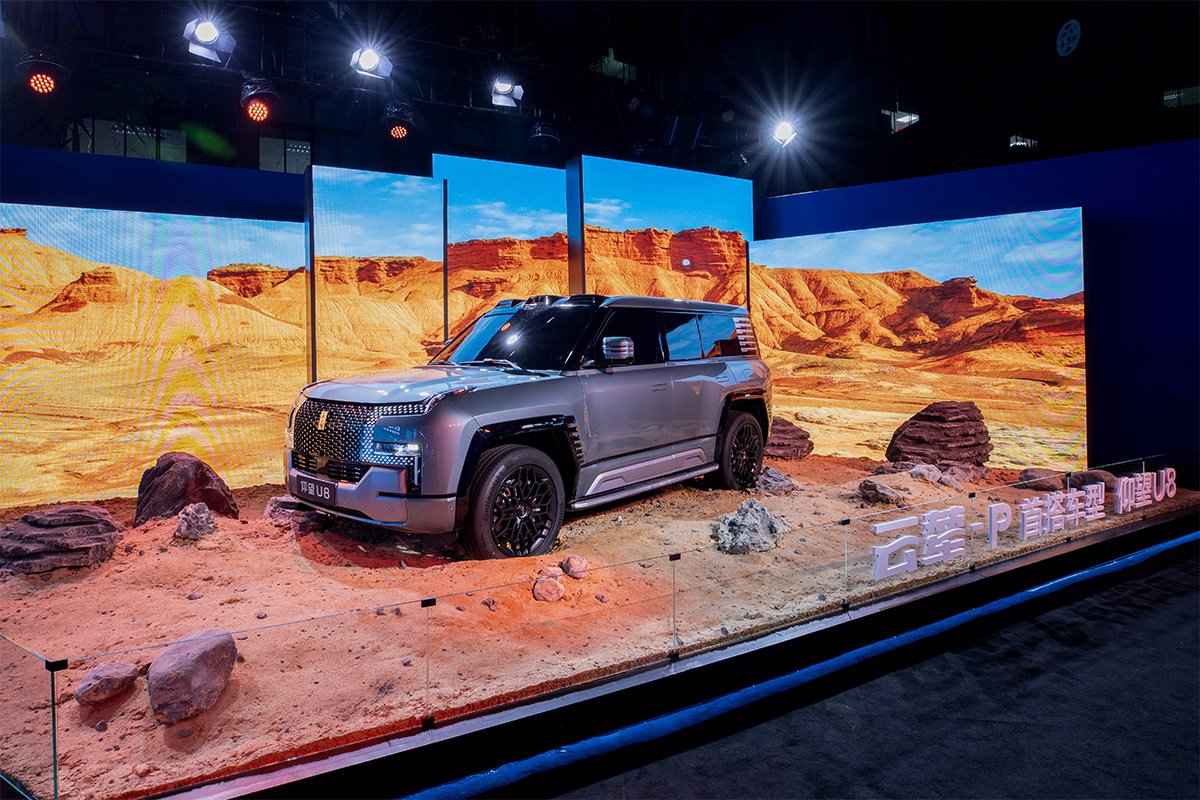
Broader implications and future applications
Following its successful introduction, BYD plans to incorporate DiSus technology across a wider array of its models. The Ocean Series, including models like the BYD Dolphin and BYD Seal expected to enter European markets, will benefit from DiSus enhancements. Additionally, existing models such as the BYD Han and BYD Tang, already equipped with the necessary hardware, are set to receive updates to the DiSus-C system via over-the-air (OTA) technology.
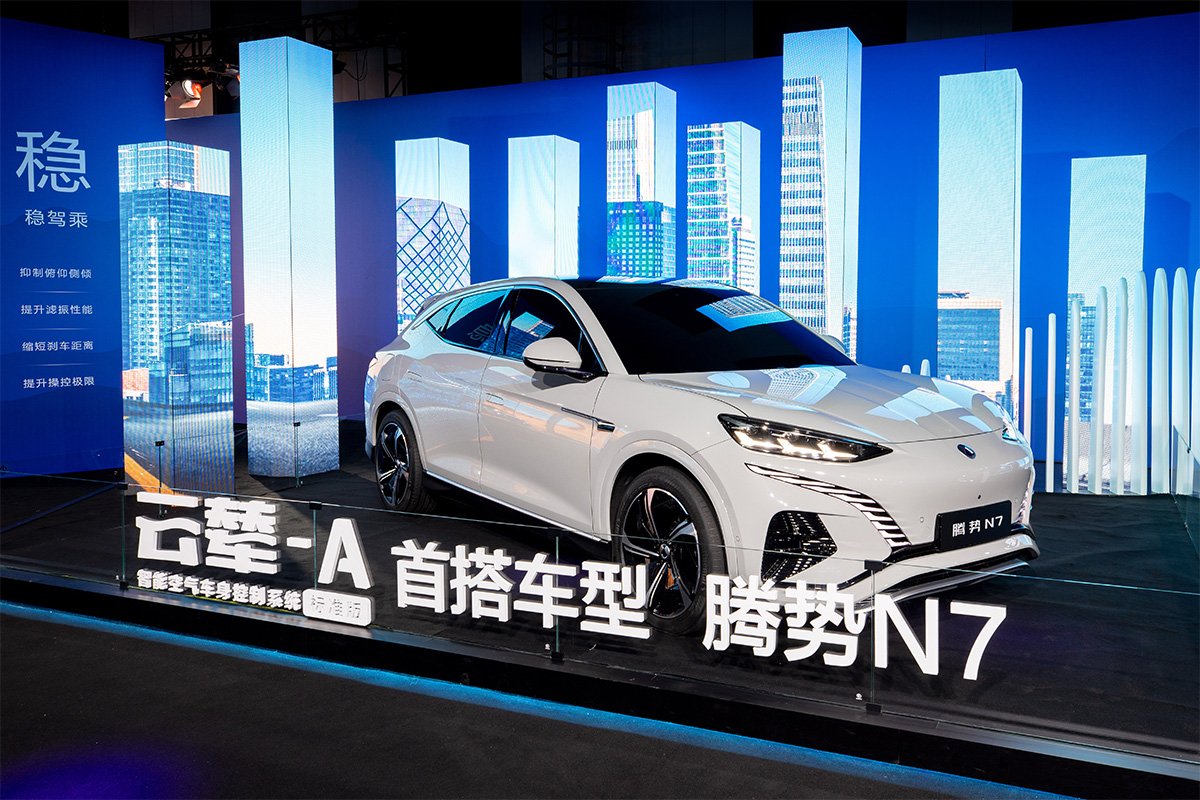
Conclusion
As BYD continues to integrate and refine its DiSus technology, the implications for the future of electric mobility are profound. These advancements not only enhance vehicle performance and safety but also promise a more dynamic and responsive driving experience. BYD’s pioneering work, particularly with the Yangwang U9 and the broader application of DiSus technology, sets new standards in the EV industry and underscores the company’s role as an innovator in intelligent vehicle technology. As these systems become more widespread, they will undoubtedly play a crucial role in shaping the next generation of electric vehicles.
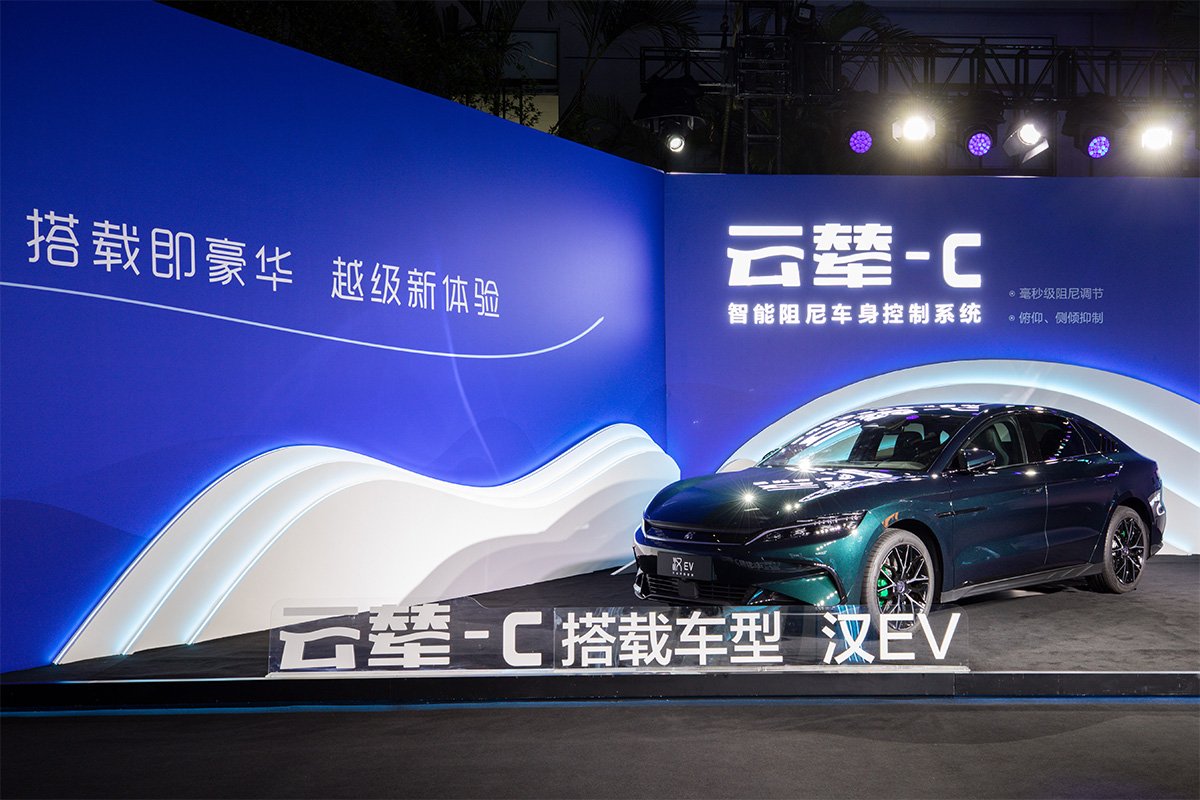
Source: BYD

